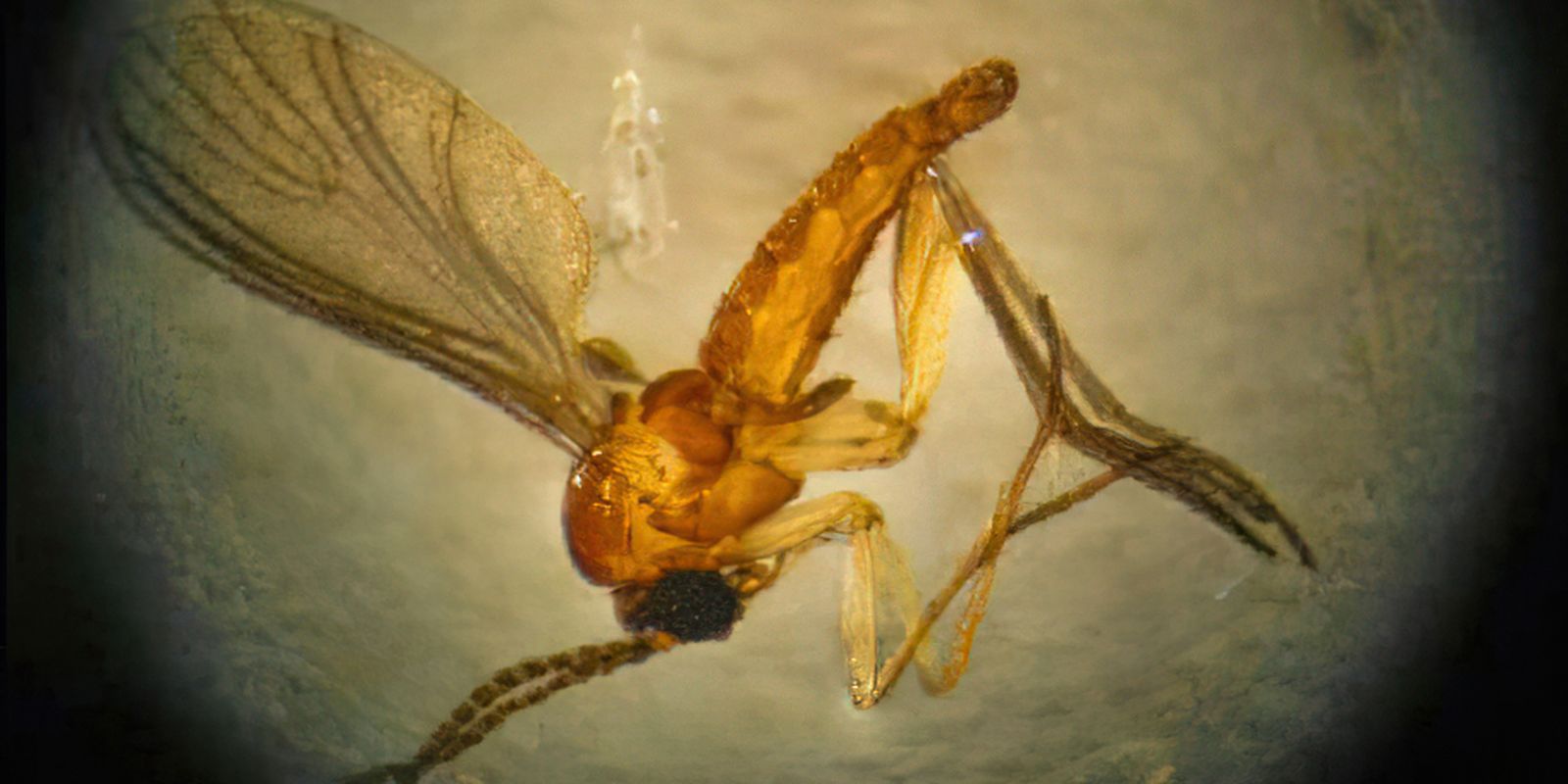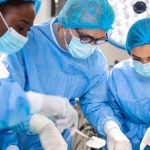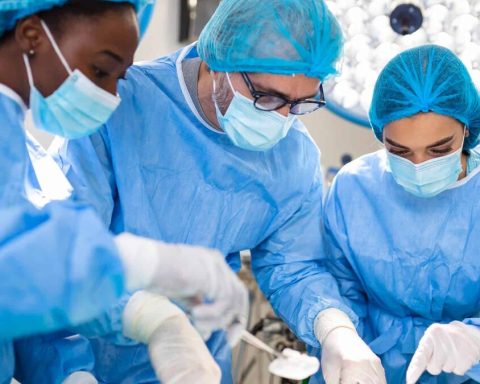The São Paulo Health Department reported this Friday (2) that three new cases of Oropouche Fever were confirmed in the state. Now, the total number of cases has risen to five, all registered in the Ribeira Valley region.
Of the three new cases, two were registered in the municipality of Cajati and the other in the city of Pariquera-Açu. On Thursday (1), the secretariat had already confirmed that two people were infected by the disease, both residents of the city of Cajati. All patients were cured.
Cajati
In the case of the patients from Cajati, the tests were carried out in April of this year on three women and one man aged between 36 and 54. The diagnosis of Oropouche Fever was made after the results of an RT-PCR test carried out by the Adolfo Lutz Institute. The results of the disease, however, were only released this week.
According to the Cajati Municipal Health Department, all of these patients live in a rural area near a banana plantation and had no history of traveling to another city in the last 30 days. This indicates that the cases are autochthonous, that is, they were contracted in the city itself or in the place where they live.
Oropouche
According to the Ministry of Health, Oropouche Fever is transmitted mainly by a mosquito known as a sand fly or sand fly. After biting an infected person or animal, the insect remains with the virus for a few days. When the insect bites a healthy person, it can transmit the virus.
According to the São Paulo State Health Department, the virus was first recorded in the country in 1960 and cases are more frequent in the states of the Amazon region. In the wild, in addition to insects, animals such as sloths, wild birds and rodents can be hosts of the virus.
The symptoms of the disease are similar to those of dengue fever: severe headache, muscle pain, nausea and diarrhea. Other symptoms such as dizziness, pain behind the eyes and chills may also occur.
There is still no vaccine for the disease and the most effective form of prevention is the use of repellents. As treatment, the recommendation is rest and fluid intake.
















